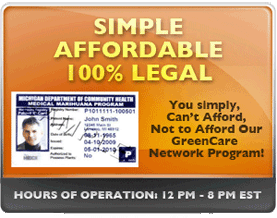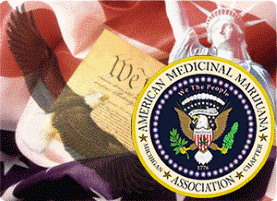The fee for a new or renewal application is $100.00, unless a qualifying patient can demonstrate his or her current eligibility in the Medicaid Health Plan or receipt of current SSD or SSI benefits, in which case the application fee is $25.00.
Patients must suffer from a debilitating medical condition, defined as:
(a) cancer, glaucoma, or positive status for human immunodeficiency virus (HIV), acquired immune deficiency syndrome (AIDS), hepatitis C, amyotrophic lateral sclerosis, Crohn’s disease, agitation of Alzheimer’s disease, or nail patella.
(b) a chronic or debilitating disease or medical condition or its treatment that produces one of more of the following:
(i) cachexia or wasting syndrome;
(ii) severe and chronic pain;
(iii) severe nausea;
(iv) seizures, including but not limited to those caused by epilepsy; or
(v) severe or persistent muscle spasms, including but not limited to, those which are characteristic of multiple sclerosis; or
(c) any other medical condition or treatment for a medical condition adopted by the department by rule. (NOTE: To date, the department has not added to the list by administrative rule.)
“Qualifying patients” must register with the Michigan Department of Community Health, Bureau of Health Professions, P.O. Box 30083, Lansing, Michigan 48909.
To register, the patient must submit (on forms provided by the department) the following information:
(a) an application or renewal fee;
(b) the name, address, and birth date of the qualifying patient;
(c) the name, address, and telephone number of the qualifying patient’s physician;
(d) the name, address, and birth date of the qualifying patient’s caregiver, if any.
(e) written certification that the person is a qualifying patient.


